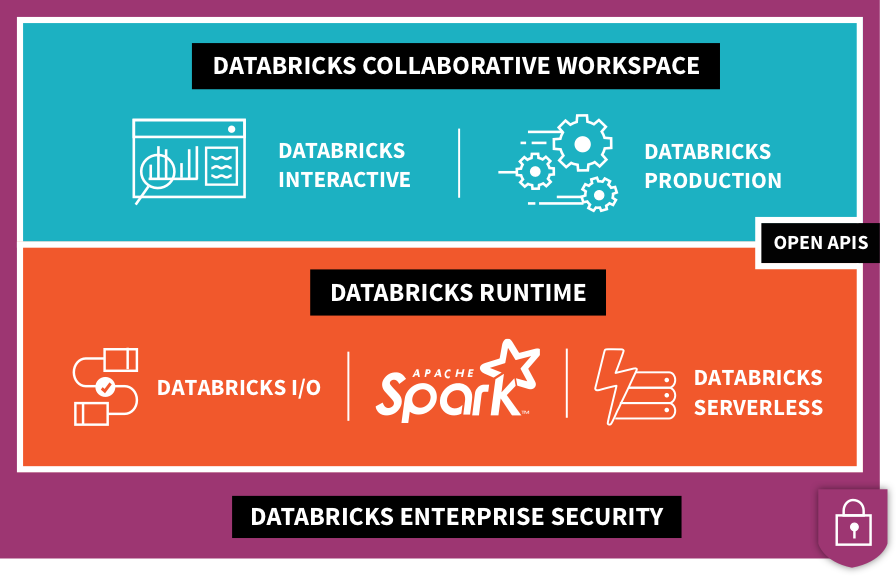//
As Airbnb adds more features to court business users, a smaller startup has raised some funding to challenge it in the $18 billion business travel market. 2nd Address, an Airbnb-style platform for business travellers looking for home rentals that extend beyond 30 days — as an alternative to staying in hotels — is announcing funding of $10 million from GV (formerly Google Ventures) and Foundation Capital, along with Amicus and Pierre Lamond.
The startup says it will be investing the money to improve its technology as well as expand to more cities. Its current footprint covers the Bay Area, Los Angeles, New York City, Chicago and Washington, DC — where it claims that a property on its platform typically comes in about 40 percent cheaper on a per-night basis compared to a business or extended stay hotel — and the plan is to extend that to 17 more markets in 2019.
“We’ve seen a big change in the way people travel for business. They want the same experience they have as consumers,” said 2nd Address CEO Chung-Man Tam. “There have been many platforms built for consumers, but not specifically for business travel.”
Scale will be the name of the game for the startup, which today works with just 650 hosts covering some 3,200 listings.
Customers that have already signed on as users include the Chan Zuckerberg Initiative, Google, SAP, Deloitte, KLM and Stanford and Northwestern University.
2nd Address has raised $42 million to date, with a portion of that dating back to when it was a rentals platform called HomeSuite.
HomeSuite focused on providing a quick way to find and secure short-term rentals for people moving to new cities and interested in trying out different neighborhoods before committing to a housing arrangement longer-term. The original pitch was that HomeSuite handled all the paperwork and other painful processes to make it easy both to list a place and to rent it.
When it failed to find enough traction with people who were relocating, the startup changed its name to 2nd Address in 2017 and shifted to business travellers, where it saw a gap in the market. (And that backend technology, in turn, got repurposed.)
Aimed at people who stay between 30 days and nine months, Tam — who took over as CEO after founder David Adams stepped away from the role — said a lot of business travellers are looking for something more when staying in a city for an extended period, with the option of a kitchen, more living space and other personalised home effects beyond what you get in a typical business hotel or extended-stay suite.
At the same time, 2nd Address saw an opportunity to target hosts, as well.
Regulation is making it tougher in some markets to work with short-term letting platforms like Airbnb, Tam noted, adding that 2nd Address, operating in “what’s legally defined as the rentals market” because of the length of stay, is able to understand how to handle this. “Underneath the transaction we are making sure the booking is complying with all the rental regulations.”
That’s on top of the work that needs to be done to tidy up and maintain a property when guests are staying for as little as one or two nights. “And of course you can have a large variety of guests, from those who are well-behaved to those who are not,” he added.
That “variability,” he said, “has come to a head” for some hosts who are looking for more predictable guests staying for longer than a night or two. “They would rather take a business traveller staying for a whole month any day,” he said.
But 2nd Address is not the only company that has identified the opportunity to provide an Airbnb-style platform catering to business users and those who want to host them.
Chief among its competitors is Airbnb itself.
As it inches closer to an IPO, Airbnb has been working on diversifying and expanding its operations, and part of that has been to expand Airbnb for Work, which targets business users. In January, Airbnb made its latest move in that area by acquiring Gaest, a startup from Denmark that lets people book rooms, homes and other venues for meetings and off-sites.
It has also tailored the wider Airbnb experience for Airbnb for Work in other ways, offering team-building experiences, a searchable database of homes and boutique hotels meeting criteria like “homes for family relocation,” “work-ready homes” and “homes verified for comfort.” Within this, it guarantees a specific check-list of amenities in the accommodations that match many of the standards of typical business hotels and might be a cut above the a typical basic Airbnb property.
So far, the higher-margin Airbnb for Work has had an impact: last August Airbnb said business bookings accounted for 15 percent of all its business.
But even putting Airbnb to one side, there are a number of other competitors also providing platforms for hosts to list apartments aimed at business users, as well as corporate travel people to rent them.
Sonder has raised more than $130 million to build out a network of its own apartments that provide experiences on par with hotels (but with a personalised apartment feel); Domio has also been targeting urban visitors (and also raising funding to do it). Meanwhile in Europe there are also several startups also vying to tackle the same market. They include MagicStay and AtHomeHotel out of France and Homelike from Germany, which has also been attracting the attention of VCs from the Valley.
But despite all of this, Tam and his investors believe that 2nd Address still has an advantage over the rest of the field.
On the topic of Airbnb, the claim is that providing properties to both consumer and business users, using the same backend, can be problematic.
“If you are looking to book a place in February, a whole property can be out of the running if another guest had already booked that property for just one night in that month,” Tam said. “It’s hard to combine long-term and short-term rentals at the same time.” He added that for this reason, “we have a lot of inventory where Airbnb does not.”
Investors additionally think that while 2nd Address is benefiting from the overall opportunity, it also has unique and better technology. “We saw an acute shortage of vendors for monthly stays overall, but specifically also for business people,” said Paul Holland, a general partner at Foundation. “2nd Address not only proved the concept but are in a perfect position to take the market. Yes, rising tides lift all boats, including Airbnb, but it’s a very large opportunity.” He added that some of 2nd Address’s (unnamed) competitors are even using its backend and listings to power their own efforts.
On the tech front, 2nd Address plans to add more tools for hosts to help with home management, and beyond that planning for how they tailor properties in the future. Specifically, it sees an opportunity in providing analytics and business intelligence around guest preferences in terms of locations, pricing, detailing the interiors and more.
It’s also planning to add more integrations with the tools that corporates are using to book travel today. These include not just platforms like Concur for searching and booking places, but reporting and billing services to manage aspects beyond the actual stay.
“2nd Address has an $18-billion opportunity in the United States to help working professionals find distinctive homes for extended stays,” said Joe Kraus from GV. “People have evolved far beyond the stereotypical corporate housing and now expect a more personal, comfortable place to spend their time when they’re not working.”

from Startups – TechCrunch https://tcrn.ch/2RzLlul


